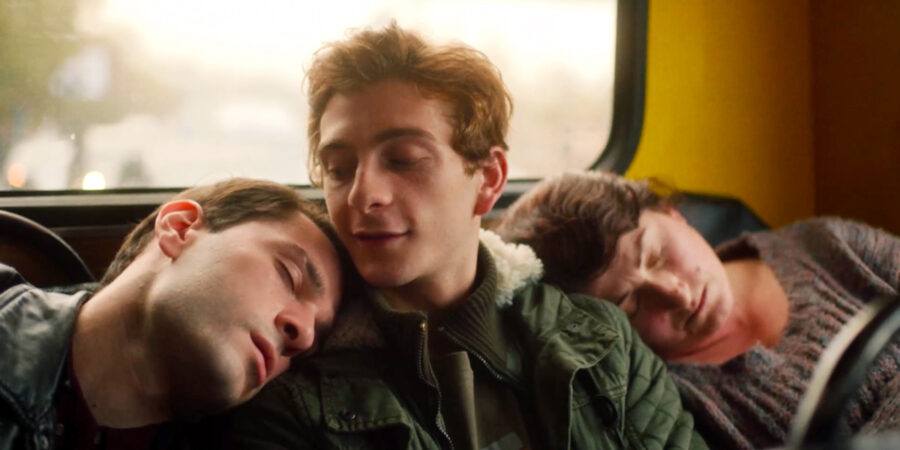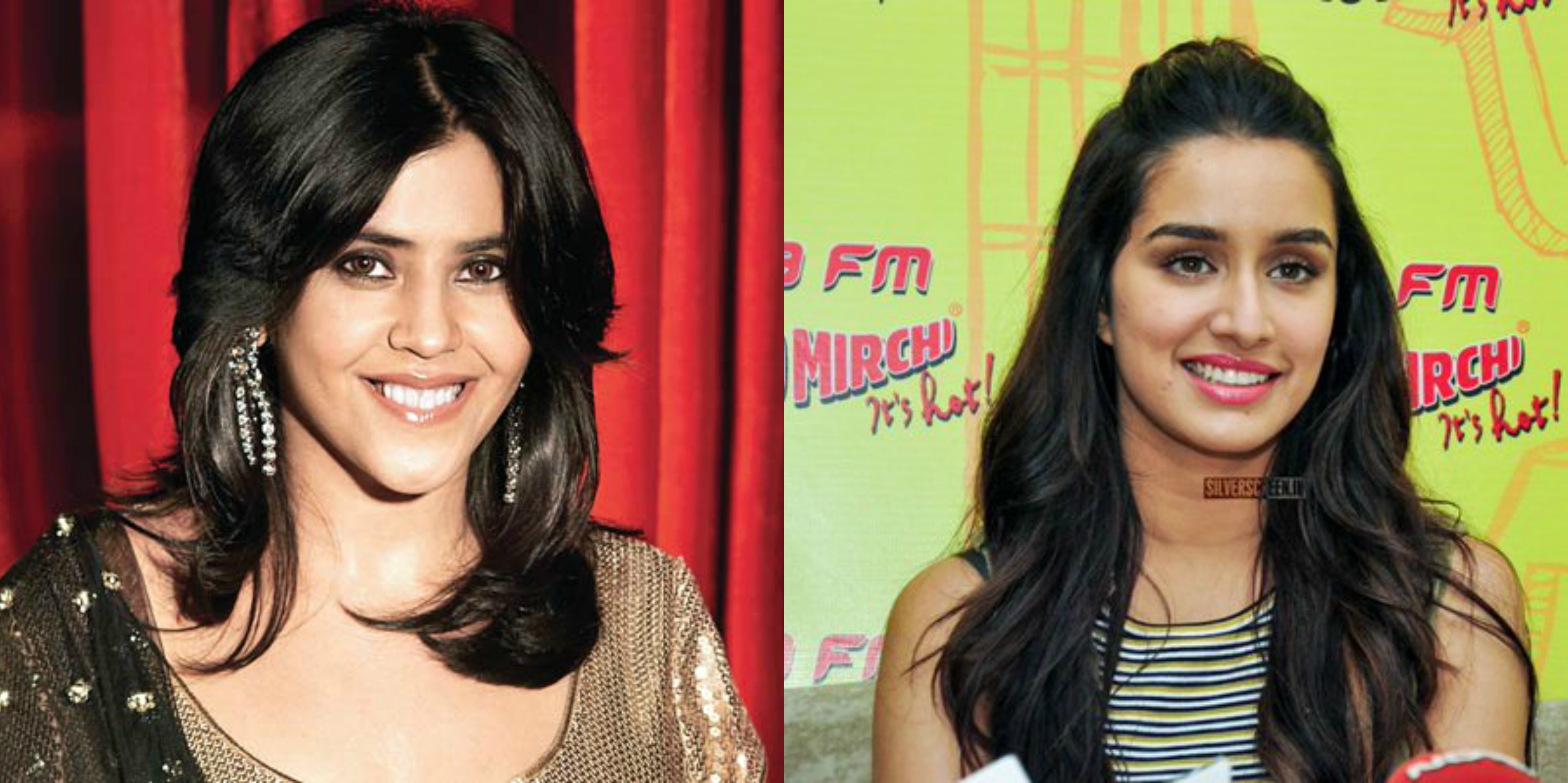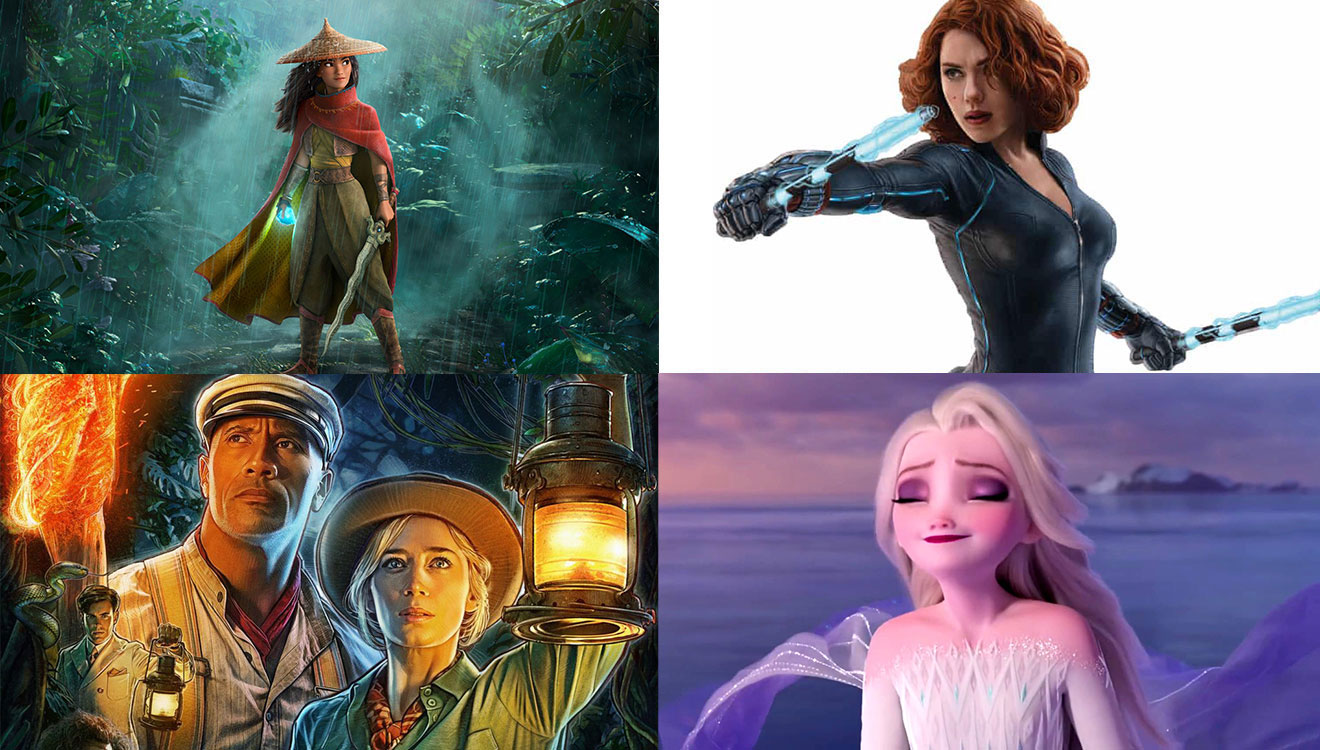Body is the locus of personal and political rebellion in Swedish-Georgian filmmaker Levan Akin’s And Then We Danced. The film opens to what looks like an absolutely gorgeous dance duet by the protagonist Marab and his long-time dance partner and potential girlfriend Mary. Their movements are in perfect harmony; occasionally a hint of smile flashes on their lips. The air is rife with the joy of dancing. But the performance is stopped midway. Their instructor berates him for being too soft and playful. “There is no place for sex in Georgian traditional dance. It’s about masculinity,” he screams. Marab starts over, but he is stopped again for the old ‘mistakes’ which, we now know, are built into the young man’s dna.
Director Levan Akin uses traditional Georgian dance, a proud symbol of the nation’s spirit, as a powerful device of self-discovery. He takes up the challenge of bringing out the dichotomy between the personal and political in a culture that is founded on controlling its people, while also staying honest about the tenderness of first love.
In a pivotal instance in the film, Marab dances with abandon in the middle of the night while all his friends but one — Irakli, a new dancer in the team, Marab’s chief rival in the troupe and his object of desire — are asleep. Marab puts on a fur hat and sways sensually to Robyn’s Honey as Irakli watches him with a smile. Later that night, they make love behind a boulder in an orchard, passionately but with caution for homosexuality is regarded a sin in Georgia. “A man is a man, a woman is a woman,” states a priest at the wedding of Marab’s brother, as Marab and Irakli make furtive eye-contact.
The film is significant not just for moving genuineness of the tender love story it narrates but also for the commotion it has stirred up in its surroundings, in conservative Georgia which is one of the most homophobic societies in the world. The release of the film in the cinemas of the country was disrupted by massive protests that turned violent in November first week, around the same time as Geetu Mohandas’ Malayalam-Hindi drama, Moothon, hit the screens in Kerala to largely mixed reviews. Although, the conservative’s resistance to Moothon was limited to nervous chuckling and booing inside many screening hall in the scenes of gay romance.
While several sub-characters and narrative devices in And Then We Danced are LGBT movie cliches, like a supportive female friend who becomes the gay man’s sole ally and a cautionary tale about the tragedy that befell another gay man, the film does a remarkable job of expanding Marab’s personal journey beyond the romantic relationship, to his day-to-day existence in Tbilisi’s working class.

and then we danced
Unlike a movie like Call Me By Your Name which is also about sexuality, coming-of-age and acceptance, this isn’t a film that dwells on romance. Between home and the dance academy, Marab works at a local restaurant as a waiter, tolerating insults and physical exertion that comes his way. There are vignettes of routine life that keep the film grounded, like the nosy neighbour in the apartment complex who makes hilarious remarks about Marab’s home affairs, and the exchanges between Marab’s divorcee mother and grandmother about Marab bringing home leftover food from the restaurant every night. The former finds it embarrassing, while the latter happily accepts at it as an incentive. The relationship that Marab shares with his elder brother, a newly-minted criminal in the city, isn’t exactly sweet or bitter, but somewhere in the middle. The former’s reaction to the rumours about Marab’s sexuality isn’t surprising — he creates a ruckus — but what follows is a human moment between the brothers, who try to reach out to each other in spite of the many differences in their worldview.
Marab, played by 20-year-old first time actor Levan Gelbakhiani, is a natural talent. There is a shine in his movements even when he’s in the most habitual state, curled up on his bed at night or waltzing across the sunny living room of his crammed apartment and gifting his grandmother a hug, or when he’s rushing to the restaurant. The film seamlessly moves between the images of the hard reality that Marab lives, of financial crisis and a broken family, and the energy he exudes when he’s dancing or while embracing a new side of himself.
Recommended
The film’s brilliantly executed final act doesn’t tie the ends of Marab’s life together, but asks the audience to behold and empathise. Nothing has changed around him — his hostile surrounding still looms large threatening to wipe him out — but Akin tells the audience that revolution isn’t always huge and visible, but subtle and internal, like the courage to not stop dancing even when there is nothing to look forward to.
And Then We Danced was screened at the 50th edition of International Film Festival Of India (IFFI) which concluded on November 28 in Panaji.
***
Read: Ilaiyaraaja at IFFI 2019: Inside The Masterclass With The Maestro



